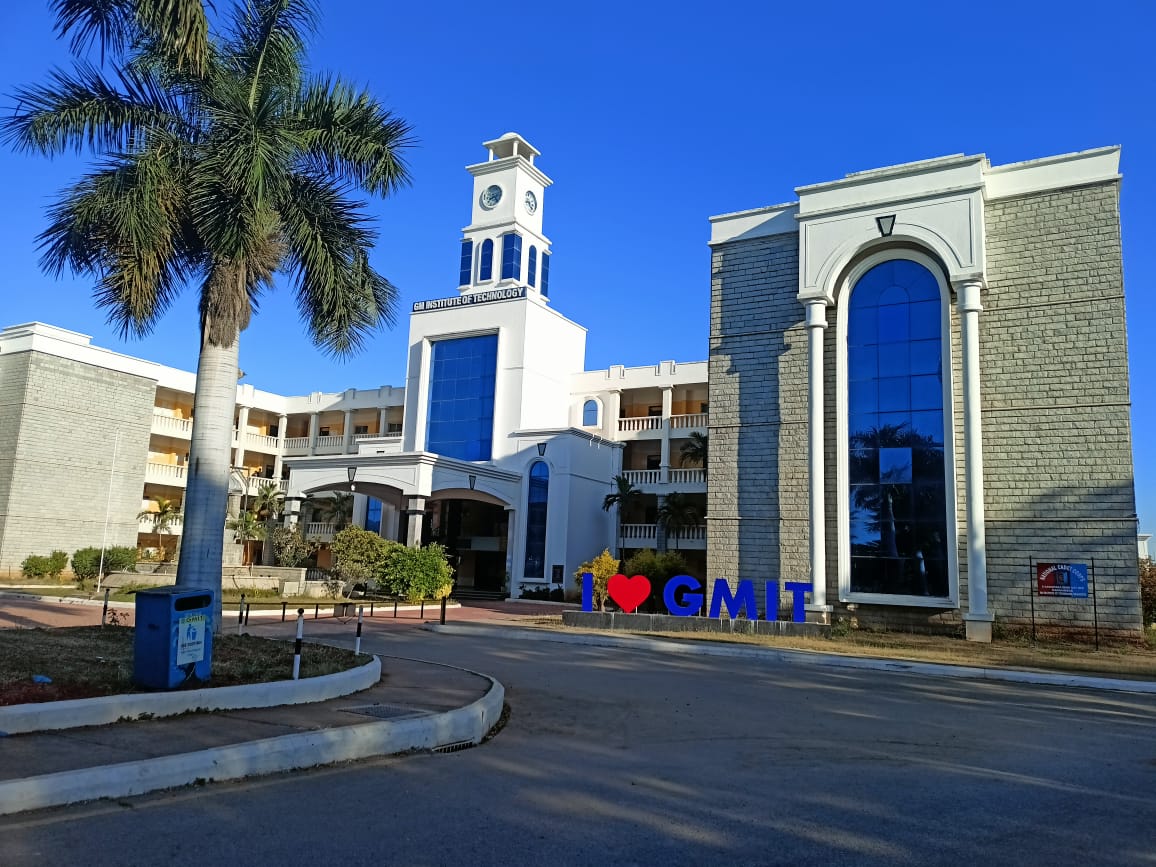About the department
GMIT is the The first institute in middle Karnataka to introduce Deparment of Artificial Intelligence and Machine Learning. The department was started in the year 2020. The department is progressing dynamically in both academic and research areas. Currently the department offers a 4-year Under Graduate B.E degree in Artificial Intelligence and Machine Learning with an intake of 60 students, under the affiliation of Visveswaraya Technological University, Belgaum.
Vision
"To develop AIML engineers with technical competencies and able to solve social issues in real world."
Mission
1. To provide academic environment for training students with necessary infrastructure through pedagogical learning
2. To prepare students with technical and professional skills of industry through interdisciplinary approach
3. To motivate and support students in developing entrepreneurial skills through innovation
4. To encourage students for solving research problems, in collaboration with other disciplines and support of funding agencies
Program Specific Outcomes - PSO's
PSO1: Understand the core concepts of AIML and acquire problem solving skills.
PSO2: Design, implement and evaluate generic and AIML specific software solutions to global challenges.
PSO3: Become entrepreneur and manager resources for the social benefits.
1) Engineering knowledge: Apply the knowledge of mathematics, science, engineering fundamentals, and an engineering specialization to the solution of complex engineering problems.
2) Problem analysis: Identify, formulate, research literature, and analyze complex engineering problems reaching substantiated conclusions using first principles of mathematics, natural sciences, and engineering sciences.
3) Design/development of solutions: Design solutions for complex engineering problems and design system components or processes that meet the specified needs with appropriate consideration for the public health and safety, and the cultural, societal, and environmental considerations.
4) Conduct investigations of complex problems: Use research-based knowledge and research methods including design of experiments, analysis and interpretation of data, and synthesis of the information to provide valid conclusions.


